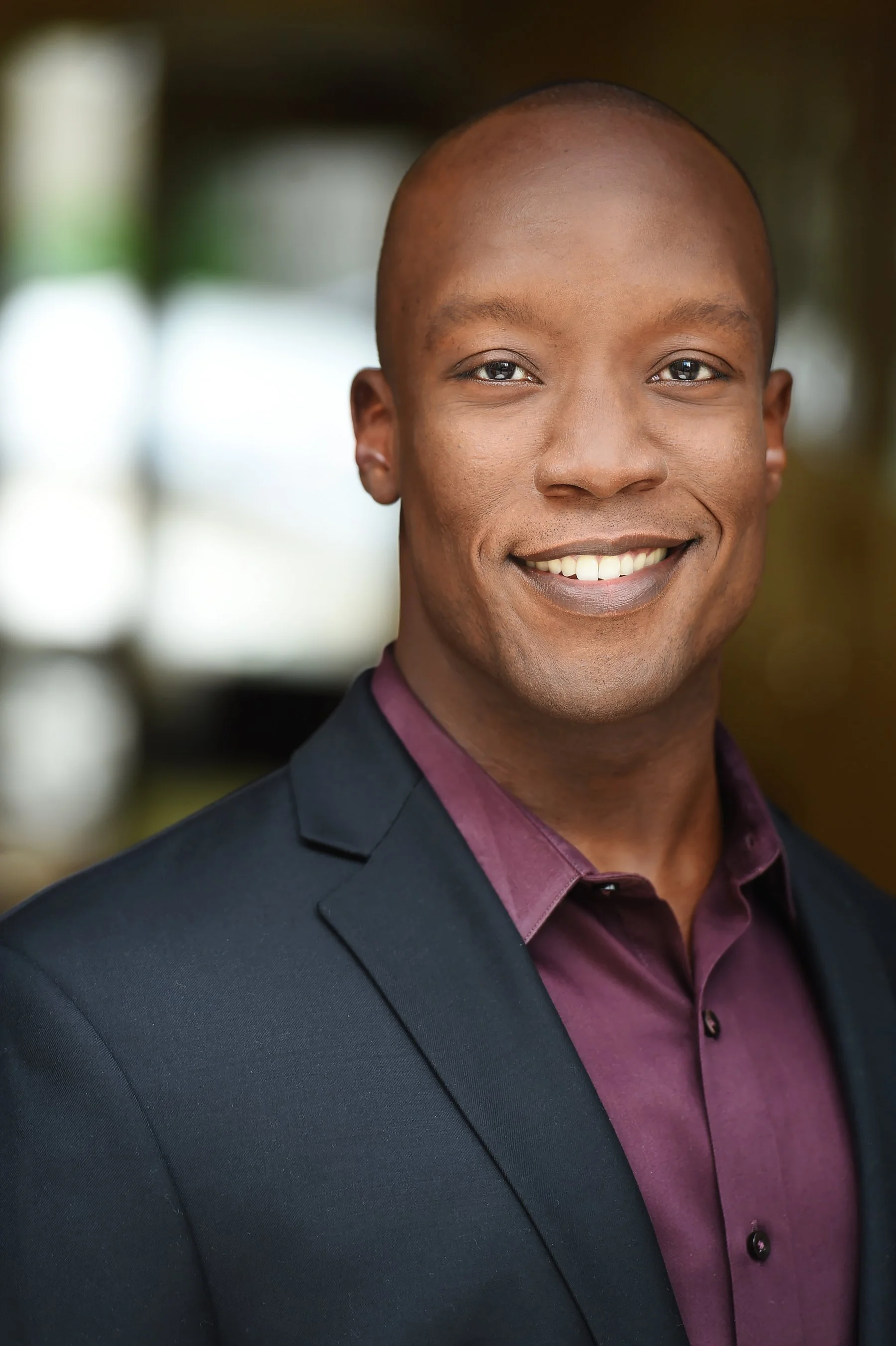About host Carl James
We come to know people through the stories they tell—and through the silences that still seek language.
I’m a cultural advisor, communications specialist, event producer, and freelance journalist with a passion for storytelling in all its forms. My work lives at the intersection of culture, communication, and lived experience—whether I’m shaping strategy, writing feature pieces, curating immersive events, or helping communities share the stories that matter most to them.
My path began in international public health, where I explored how culture shapes the understanding and relationship to illness, healing, and care within communities. That curiosity later led me to the stage, where I brought characters to life and deepened my appreciation for the power of narrative to connect us.
I went on to earn a Masters in Acting Performance — a degree that honed my expertise in communication, audience engagement, and the psychology of storytelling. Through graduate-level training in voice, performance, and narrative structure, I developed a nuanced understanding of how language, tone, and presence shape connection. These skills now inform my work across media, strategy, and culture.
As a cultural advisor, I help organizations create more inclusive cultures—not just through representation, but by fostering true belonging. I believe that what we often perceive as difference is actually an opportunity: for education, for empathy, and for reshaping environments where people can be seen, heard, and valued.
All of these experiences, both personal and professional, converge in my podcast, “Can I Have a Word?”—a space where individual narrative becomes the lens for exploring how language shapes identity, belonging, and the way we relate to the world. It’s where I continue the work of listening deeply, asking thoughtful questions, and uncovering the stories that often go untold.
Across every role, my guiding principle remains fundamentally the same: to understand the culture of a place or community through the lived experiences of its people—and to use storytelling as a way to build connection, insight, and empathy.
